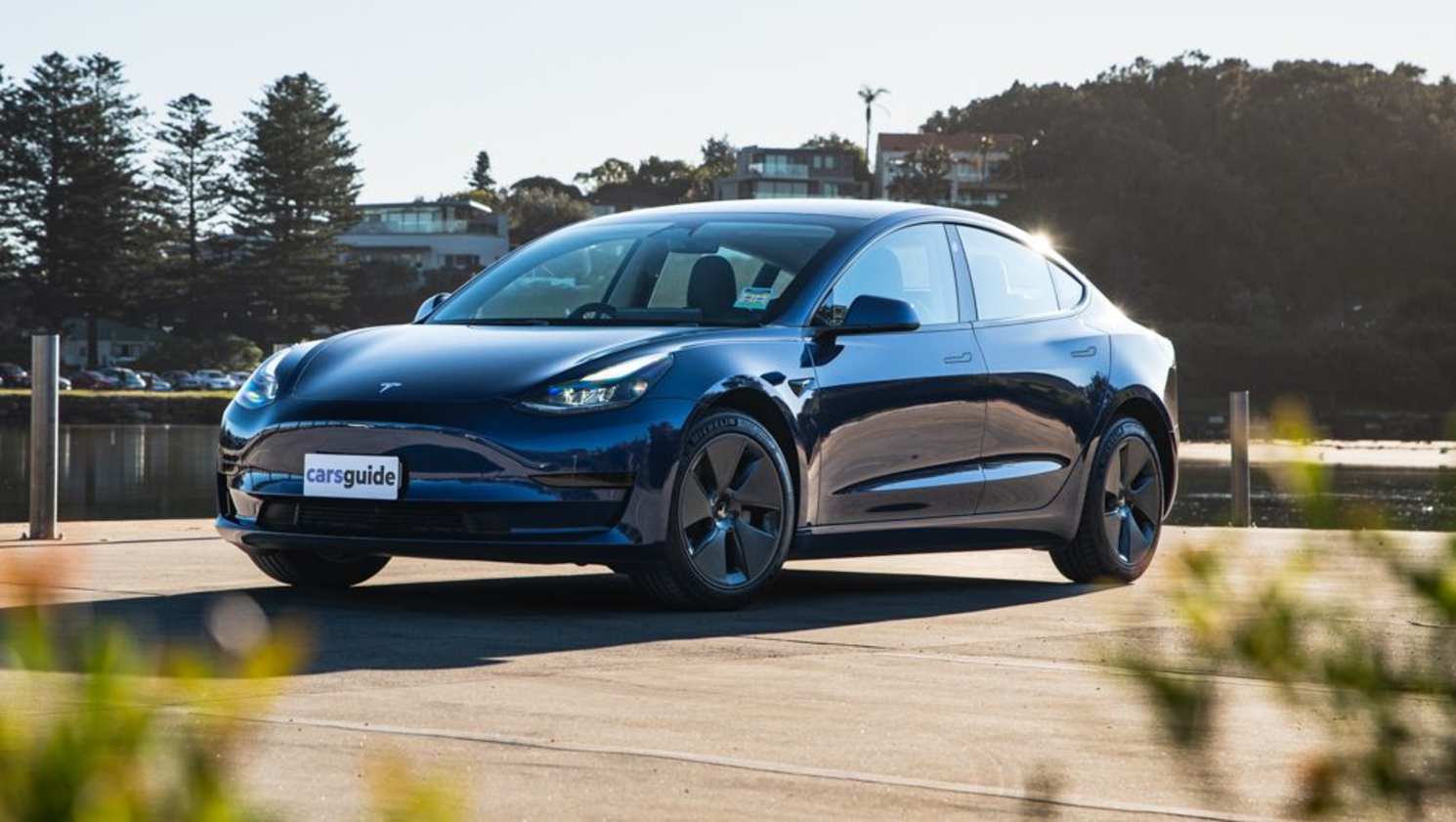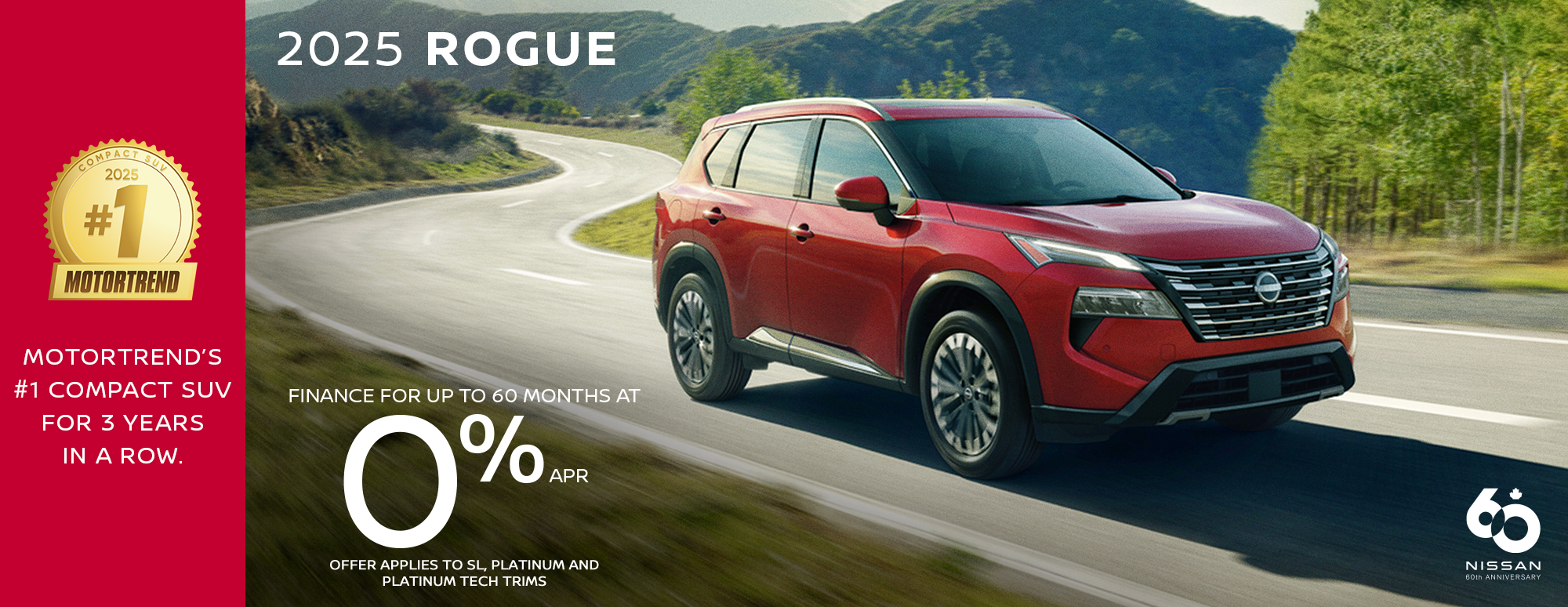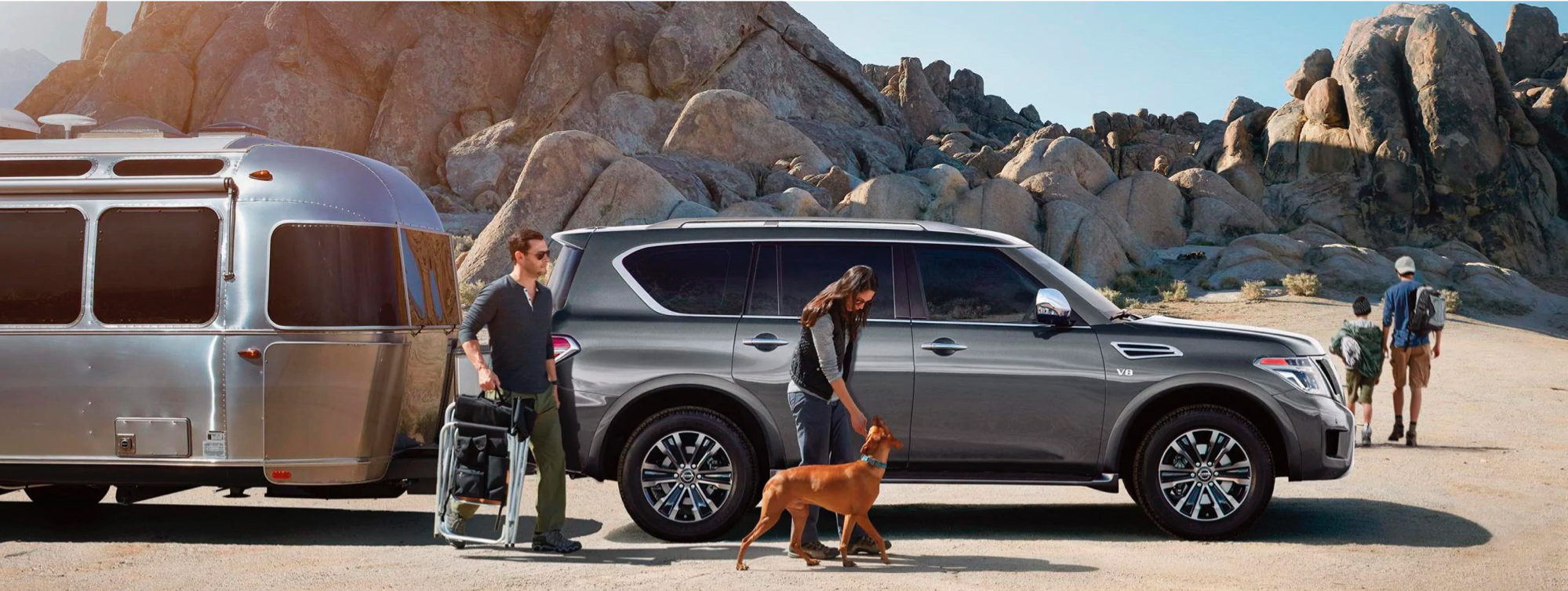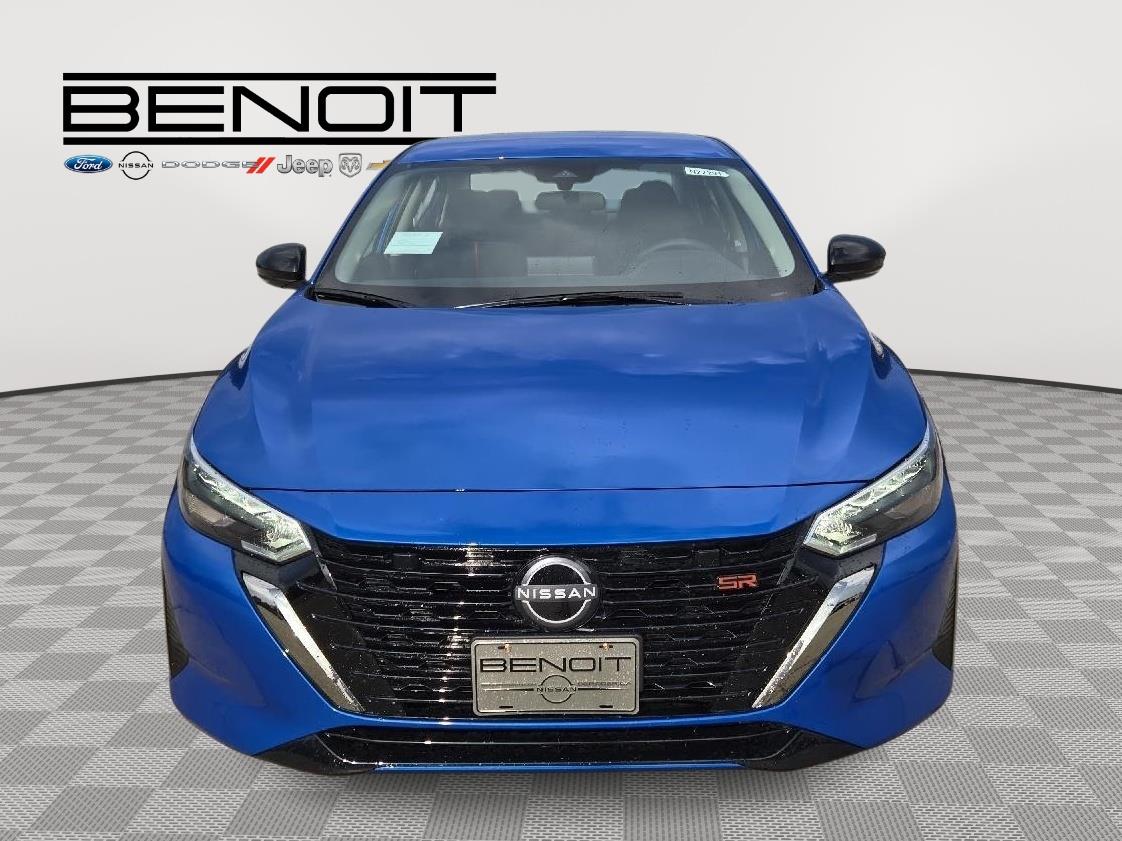Buying a Nissan? The Finance vs. Leasing Showdown You Need to Know

Are you ready to drive away in a shiny new Nissan but stuck at the crossroads of financing and leasing? You’re not alone. Car buyers, finance enthusiasts, and leasing prospects often find themselves in this exact spot, unsure which path to take. This choice is not just about how you’ll pay but about the lifestyle you envision and the financial implications down the road.
In this guide, we’ll explore the ins and outs of Nissan financing versus leasing. From understanding their fundamental differences to weighing the pros and cons, we’ll help you make an informed decision. By the end, you’ll know exactly which option aligns with your needs, ensuring a smooth ride into Nissan ownership.
Understanding the Basics of Nissan Financing and Leasing
Finance or lease? It’s a question that stumps many potential car buyers. Financing involves borrowing money to purchase a car, while leasing is akin to renting. Both options have their unique features, benefits, and drawbacks.
When you finance a Nissan, you’re committing to a vehicle loan. You’ll make monthly payments over a set term, typically 36 to 72 months. Once you complete these payments, the car is yours. On the other hand, leasing means you pay to use the vehicle for a predetermined time, usually two to four years. At the end of the lease, you’ll return the car to the dealership.
In essence, financing leads to ownership while leasing offers flexibility. Understanding these distinctions is crucial, as it influences everything from your monthly budget to your long-term financial well-being. Let’s take a closer look at each option to properly weigh your choices.
The Pros and Cons of Nissan Financing
Nissan financing has its fair share of advantages and downsides. A primary benefit is ownership. At the end of the financing term, the vehicle is yours to keep. This means no mileage limits, allowing you to drive as much as you want without penalty.
Another advantage is customization. When you finance a Nissan, you can modify the car to your liking. Fancy a new paint job or a state-of-the-art sound system? Go for it. Additionally, financing builds equity. Each payment you make brings you closer to owning the car outright, making it an investment.
However, financing isn’t without drawbacks. Monthly payments can be higher compared to leasing. You’re also responsible for maintenance costs, which increase as the vehicle ages. And let’s not forget depreciation. Cars typically lose value over time, impacting resale potential if you decide to sell.
The Pros and Cons of Nissan Leasing
Leasing a Nissan offers a different set of benefits. Lower monthly payments are one of the most significant draws, as you’re only paying for the car’s depreciation during the lease term. This can free up cash for other expenses or investments.
Leasing also allows you to drive a new car every few years. Once the lease ends, you can choose a newer model with the latest features and technology. This can be appealing for those who like staying on the cutting-edge without a long-term commitment.
However, leasing comes with limitations. You’ll face mileage restrictions, typically between 10,000 to 15,000 miles annually. Going over these limits can result in costly penalties. You also don’t own the car, so modifications are generally off-limits. And if you decide to buy the car at the end of the lease, you might end up paying more than if you’d financed it from the start.
Long-Term Financial Implications
When it comes to the long-term financial implications of financing versus leasing a Nissan, there are several factors to consider. Financing tends to be more expensive monthly but could be more cost-effective long-term, especially for those who keep their cars for many years.
Leasing, while initially cheaper, might end up costing more if you continually lease over decades. Each time you lease a new car, you restart the cycle of monthly payments without building equity. Additionally, you’re always subject to dealer terms, meaning less control over your financial obligations.
Consider the resale value, too. With financing, you have the option to sell the car once you pay it off. This can recoup some costs and possibly fund your next vehicle purchase. With leasing, you return the car and walk away with nothing but the memories of your journeys.
Key Factors to Consider
Several factors should influence your decision between Nissan financing and leasing. First, consider your driving habits. If you drive extensively, financing might be the better option to avoid mileage penalties associated with leasing.
Next, assess your financial situation. If having a lower monthly payment is crucial, a lease might be more suitable. But if your financial picture allows for higher payments and you want to build equity, financing should be on your radar.
Think about your lifestyle and future needs. Do you anticipate major life changes that might necessitate a vehicle switch? If so, leasing could offer the flexibility you need. Conversely, if you plan to keep your car for the long haul, financing may align better with your goals.
Real-World Examples and Case Studies
To better understand the applicability of each option, let’s explore some real-world examples. Consider John, a sales manager who drives frequently for work. He chose to finance his Nissan Altima because the mileage restrictions of a lease would have incurred hefty fees.
Then there’s Sarah, a tech enthusiast who loves having the newest gadgets at her fingertips. She opted to lease a Nissan Leaf. She enjoys lower payments and the ability to switch to the latest model every few years.
These examples illustrate how individual circumstances can greatly influence the decision-making process. By aligning your choice with your unique needs, you can optimize your Nissan experience.
Essential Tips for Making the Right Decision
Making the right decision between financing and leasing begins with thorough research. Start by evaluating your budget. Calculate your monthly expenses and determine how much you can comfortably allocate to a car payment.
Next, shop around. Compare offers from different dealerships and financial institutions. Don’t shy away from negotiating terms that fit your needs. Remember, dealerships want your business and may offer flexibility to secure it.
Finally, consider consulting a financial advisor. They can provide personalized advice based on your current financial standing and future goals. With careful planning and consideration, you can confidently choose the option that best fits your lifestyle.
Navigating Your Decision
Deciding between financing and leasing a Nissan is a personal choice that hinges on various factors. From financial considerations to lifestyle preferences, this decision requires careful thought and planning. By weighing the pros and cons, considering long-term implications, and aligning your choice with your individual needs, you can make an informed decision that suits your situation.
Remember, this decision isn’t just about acquiring a vehicle—it’s about aligning your financial goals with your lifestyle. With the right choice, you’ll not only enjoy the ride but also achieve peace of mind in knowing you chose wisely.
For those ready to take the next step, additional resources are available to further guide you. Whether you’re leaning towards financing or leasing, Nissan offers a range of options to suit diverse needs and preferences. Explore these options, consult with professionals, and drive confidently into your Nissan adventure.


